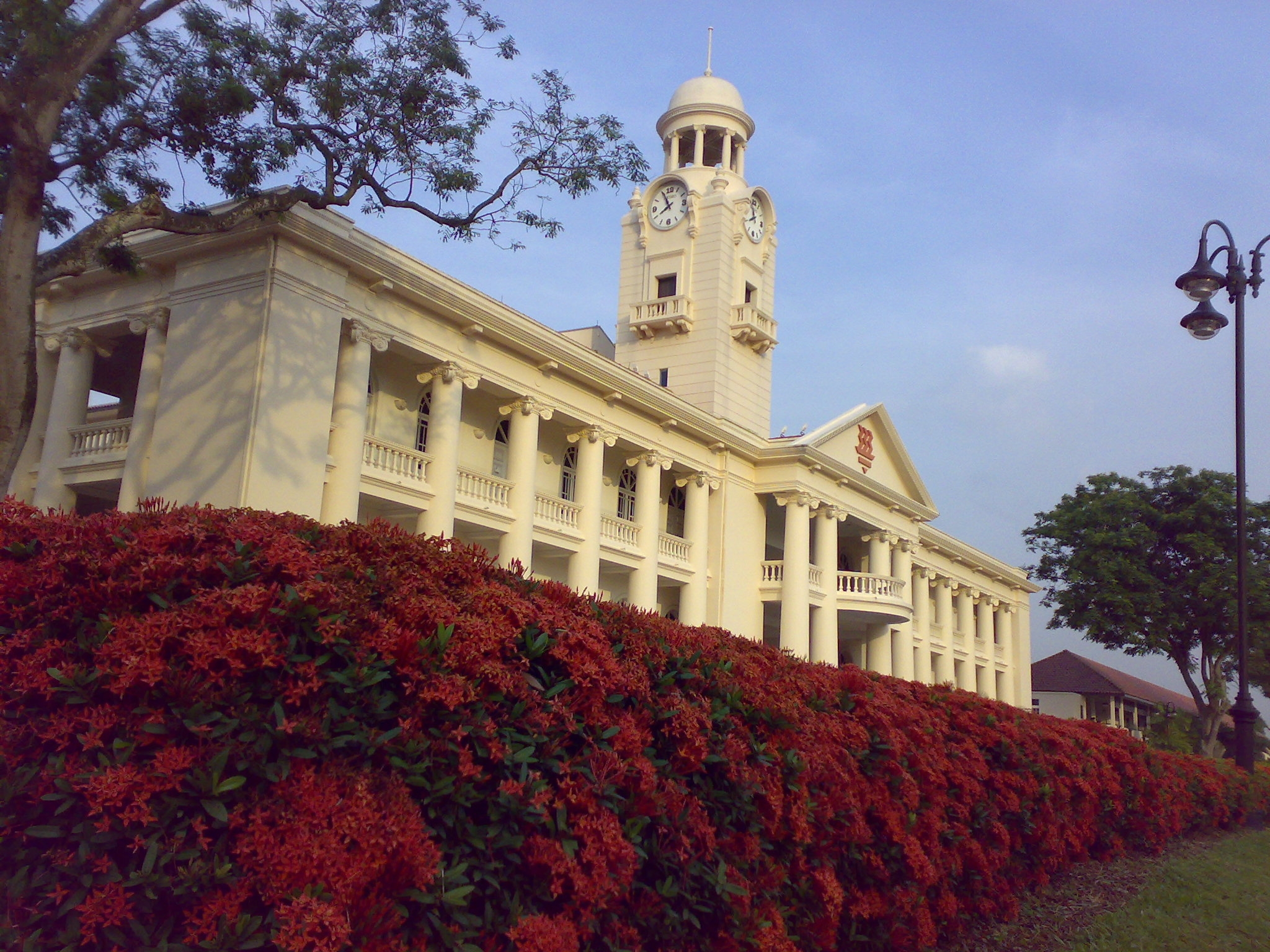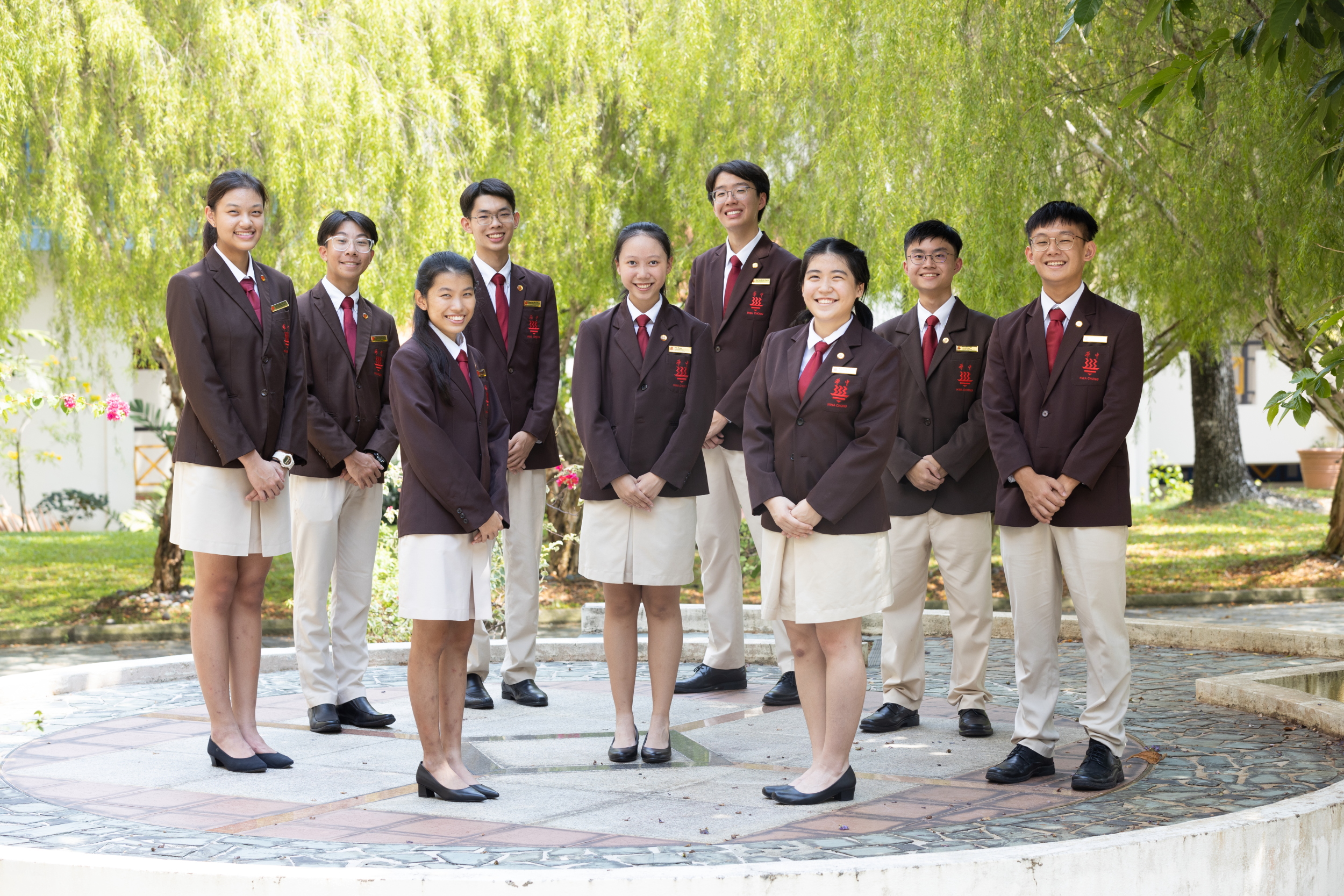愿景和使命

华中愿景
Our Vision
陶铸热爱生活、关爱他人、为社群谋福利之华中儿女
Empowering our students to Live with Passion and Lead with Compassion
华中使命
Our Mission
培育为国为民之科研、商企与政界领袖
We nurture leaders in Research, Industry and Government to serve the nation
华中价值观
Our Core Values

自强不息
Tireless self - improvement with tenacity, innovation and passion
华中鼓励师生发掘自身兴趣、把握机遇,使之成为终身学习的动力。我们通过研究型课程培养学生严谨的思维,激发深层次的学习热情。创造性思维建基于好奇心、创新精神和追求卓越的态度,在知识经济时代要实现突破,师生应勇于探索,构建有利成长与发展的平台,励精图治,力争上游,让“自强不息”的精神获得充分体现。
己立立人,己达达人
Win–Win
协作是21世纪至关重要的技能,面对变化多端的时局,携手合作才是解决问题之道。互惠互利能推动高效协作,其中诚信与同理心不可或缺。诚信是道德的基础,唯有言行一致,方能取信于人。同理心则是帮助师生培养开阔的心胸,理解与包容不同社会与文化背景的人,真正做到宽容与接纳。
饮水思源
Remembering our roots and honouring our benefactors
社会各界对华中子弟给与多方面的支持并寄予厚望,因此华中学生深知“饮水思源”的道理。除了肩负为国效劳的使命,他们也有责任回馈社会,关心弱势群体。在21世纪,综合性思维的培养尤为重要,师生需从线上线下等多元渠道汲取信息,整合后得出正确的见解,再转化为实用的知识,改善民生,增进同胞的福祉。

